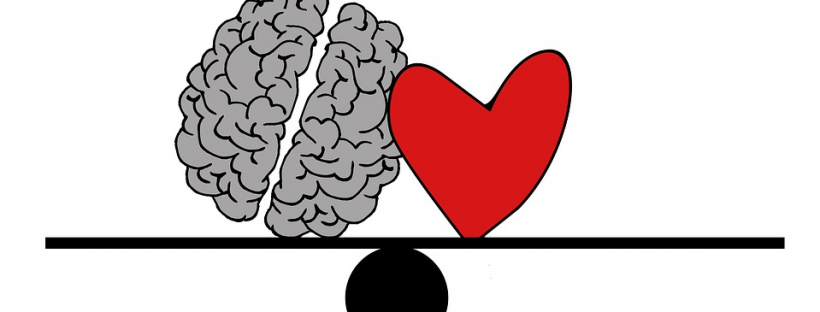Neurological differences, just like any differences, are part of nature. Sometimes children are born with these neurological differences, like Tourette’s Syndrome, epilepsy, or autism, but sometimes they come later in life.
I recently came across this video from a neurologist who had a very interesting point of view, perhaps a more optimistic one. In his video, he states how neurological differences are important. He also states how there is a possible positive side effect to the difference.
It is important to look not just simply to think in terms of defects and problems, but in different ways of doing things, in different ways of functioning. -Oliver Sacks
It is important still to explore the differences. Help the brain wherever you can, but also excepting one another and realizing the power of one’s differences in truly a beautiful thing.
Some children may require various amounts of therapy and accommodations. Schooling may have to be modified, or it may be their strength. Each child, just like their brain is very unique. It is important to assess the child. Figure out what exactly they need. It is also important to help them find a strength and praise them. No one always wants to feel down and out. The brain is a mysteriously magical thing that has many capabilities. As he talked about in the video, it can compensate for so much. Sometimes children and adults need help finding the right resources to get their brains functioning on the next level, but it’s amazing what the body is capable of doing on its own.
Articles Related to ‘Neurological Differences: The Strength and Weakness’
Autism in the Workplace: Shared Success
ADHD: Fact, Fiction, and What Can Help
